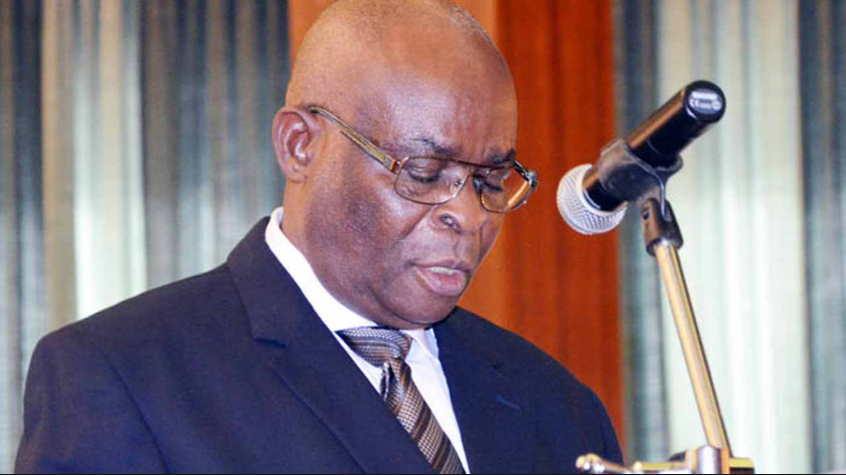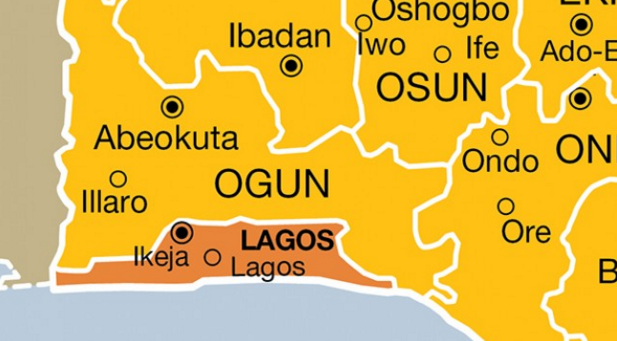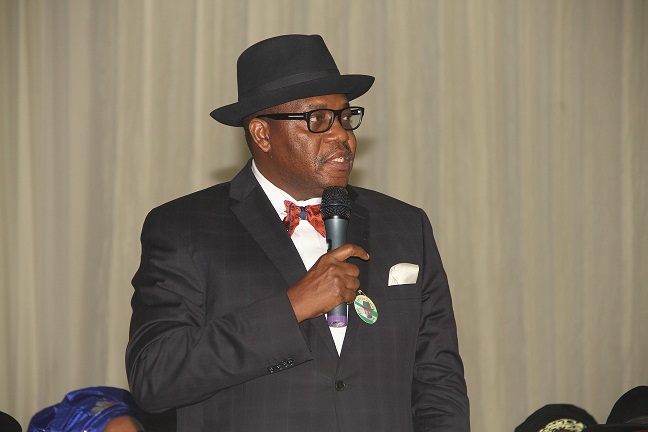Delivering the unanimous judgment on behalf of Justices Onnoghen, Clara Bata Ogunbiyi, Kumai Bayang Aka’ahs and John Inyang Okoro, Bode Rhodes-Vivour declared: “No matter the circumstances of the birth of a female child, such a child is entitled to an inheritance from her father’s estate. Consequently, the Igbo customary law, which disentitles a female child from partaking in sharing of the deceased father’s estate, is in breach of section 42(1) and (2) of the constitution, a fundamental rights provision guaranteed to every Nigerian.”
Feminists and gender rights activists celebrated the historic moment. Now that they have a “friendly” judge as CJN, should they expect more justice for Nigerian women?
Upheld Rev. King’s death sentence
Chukwuemeka Ezeugo, also known as “Rev. King”, the general overseer of Christian Praying Assembly, was accused of murdering a member of his church in 2006.
The Lagos state government prosecuted King and he was convicted to die by hanging.
Advertisement
King appealed his death sentence by the high court which was affirmed by the court of appeal.
At the supreme court, the panel of justices led by Onnoghen upheld the decision of the Lagos division of the court of appeal, which had affirmed the conviction and the sentence.
“The facts of the case could have been lifted from [the] horror film,” the panel led by Onnoghen held.
Advertisement
“This appeal has no merit. The judgement of the court of appeal is hereby affirmed. The prison sentence that was earlier handed to the appellant is no longer relevant in view of the death sentence passed on him.”
Cancelled Yar’Adua’s election
When Muhammadu Buhari, a retired major-general, lost to Umaru Musa Yar’Adua, governor of his home state, Katsina, in the 2007 presidential election, he headed for the tribunal.
Buhari argued, among other things, that the election was rigged and that it should be cancelled and a fresh election conducted.
Never in the history of Nigeria had a presidential election been cancelled, perhaps because of the complications of not having a substantive president holding fort during a rerun.
Advertisement
Some of these political considerations are believed to have discouraged the judiciary from ruling decisively on presidential election petitions. In the end, all who went to the tribunal did so more for the record than to get justice.
However, Onnoghen was not moved by such sentiments. Along with George Oguntade and Aloma Muktah (who later became CJN), Onnoghen annulled Yar’Adua’s election in December 2008 and called for a fresh one.
However, they were outnumbered by the other justices who agreed that even though the election was flawed, the irregularities were not “substantial enough” to lead to a nullification.
These were Justices Idris Kutigi (then CJN), Iyorgyer Katsina-Alu, Niki Tobi (late) and Dahiru Musdapher.
Advertisement
2 comments








Congratulations my Lord! You merit it.
congrats my lord. surely, Nigeria is set for better days of justice